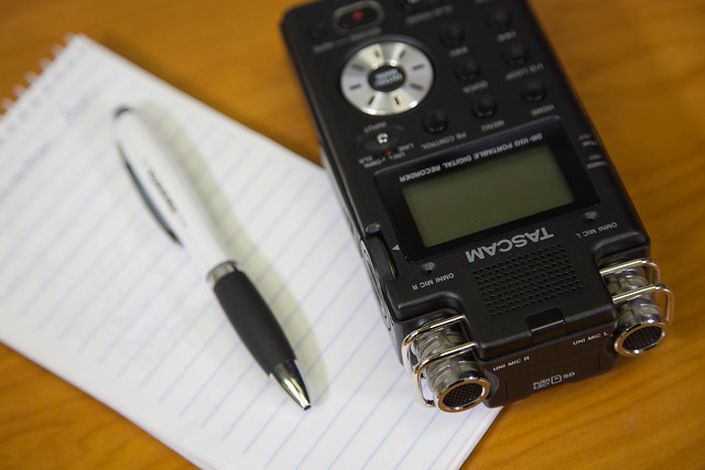
Introduction to the Oral Exam for Court Interpreters (Spoken Languages)
A Two-Hour Class Based on Guidance from the National Center for State Courts
If you haven't yet passed your written exam, make sure you do that class before this one. The written exam of English proficiency and court knowledge needs to be passed before you can take the oral. If you've already passed it, bravo! Both tests are designed by the National Center for State Courts (NCSC), the same organization that manages the Federal Court Interpreter Certification Exam, and are in use by almost every state judiciary in the US.
But don't get too cocky just because you passed the written... everyone agrees that the oral is harder. Quite a bit harder! It's not enough to be bilingual, even if you're biliterate and comfortable speaking in both languages on a broad range of topics. There are certain types of recordings and documents that you'll have train on, consistently, over a long period of time, to build the skills needed to pass this test. Think of it as training for a marathon, or to pass a professional exam like the CPA. Some people get a masters degree in interpretation to hone these skills, but most of us are self-taught.
If you've already been interpreting full-time for years in another context (like healthcare), then it's a simpler matter of learning the differences in court interpreter ethics, plus a lot of new terminology and procedures. If you've only dabbled in interpretation, passing this exam might be more of a long-term goal to keep in sight on the horizon for years. But once you get that credential in the mail, it's suddenly worth all of the hours you sacrificed. And once you walk out of your first courthouse after having successfully opened the doors of justice to someone who would have otherwise have been voiceless, you'll feel like a rockstar!
Your Instructor

Marco is a federally certified and state licensed Spanish court interpreter, and is one of the authors of the book Firearms and Other Handheld Weapons. He has twenty-seven years of experience in translation and interpretation, a Master of Arts degree in Spanish, and is a frequent conference speaker on language access topics at legal conferences. He is also an American Translators Association certified Spanish to English translator. He sometimes teaches court interpreting at the University of Texas and legal translation at Austin Community College. Marco is past president of the Austin Area Translators and Interpreters Association and the Texas Association of Judiciary Interpreters and Translators, and was the state's first Language Access Coordinator.
